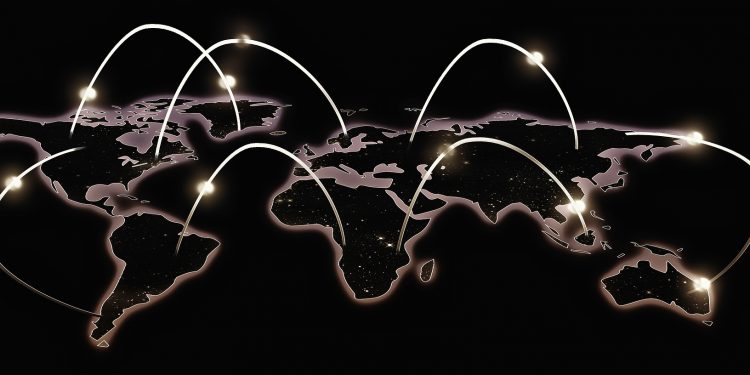Readers of these pages and the x-border payments topic may recall a recent posting here that discusses blockchain in the space, including the company in the subject posting today at KrAsia. It seems that Ripple is having some success in the Asia Pacific region with remittances using their blockchain network and XRP cryptocurrency.
Therefore they went ahead and agreed to acquire a Malaysian company named Tranglo that specializes in cross-border payments. Readers may also know that in the U.S. Ripple has some challenges with the SEC regarding the definition of XRP as a security versus a currency.
‘Blockchain payments firm Ripple, which is known for helping develop digital currency XRP, has acquired a 40% stake in Malaysian cross-border payment startup Tranglo to gear up for its expansion in Southeast Asia, the firm announced on its website on March 30. The investment took place even as Ripple has an ongoing legal fight with the Securities and Exchange Commission (SEC) in the United States….Although it is unclear whether the acquisition is going to be realized in cash, equity, or via cryptocurrency, the partnership allows Ripple to capture burgeoning demand of cross-border remittance in the region and expand the reach of its On-Demand Liquidity (ODL) product, which uses XRP as a medium of exchange to facilitate cross-border money transfers.’
We recently also wrote member research on the B2B x-border space, but this particular acquisition is more about expanding access to the consumer cross-border landscape across Asia, where Ripple seems to be able to expand despite U.S. challenges.
The B2B challenge for decentralized cryptos with highly volatile floating FX is that corporates and banks shy away, given the regulatory scrutiny and risks. That is why stable coins (and now CBDCs) are gaining adoption in blockchain scenarios. It does not seem to be a hindrance in APac for these B2C or P2P transactions however.
‘With an extensive payment network in more than 100 countries and offices in Singapore, Jakarta, Dubai, and London, Tranglo’s steady reach will add fuel to Ripple’s ambitions in the region. The blockchain payment firm’s transactions in Southeast Asia increased tenfold in 2020….Tranglo, which was founded in 2008, also secured a partnership last year with Alipay and WeChat Pay’s Hong Kong service, enabling users to transfer money back to Indonesia and the Philippines. As of September 2020, Tranglo has processed USD 6.91 billion worldwide, according to the company’s website….“This [partnership with Tranglo] allows Ripple to strengthen its foothold in the cross-border payments industry in Asia, where there are many countries that suffer from a lack of liquidity and very large spreads in their respective currency markets,” Popli said.’
Overview by Steve Murphy, Director, Commercial and Enterprise Payments Advisory Service at Mercator Advisory Group














